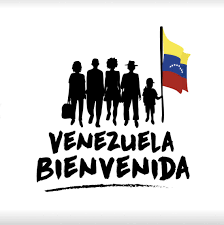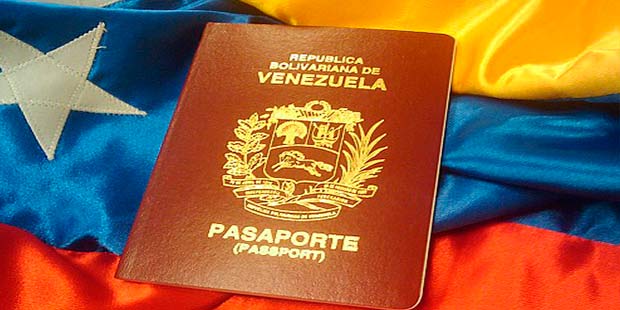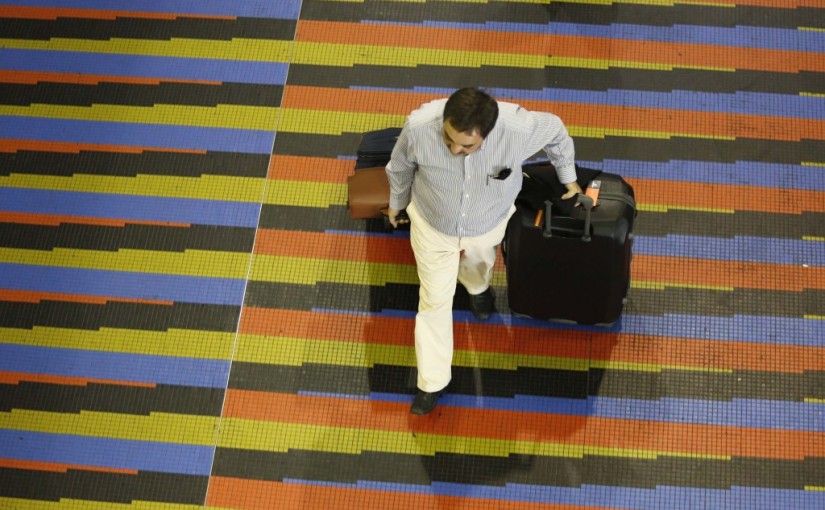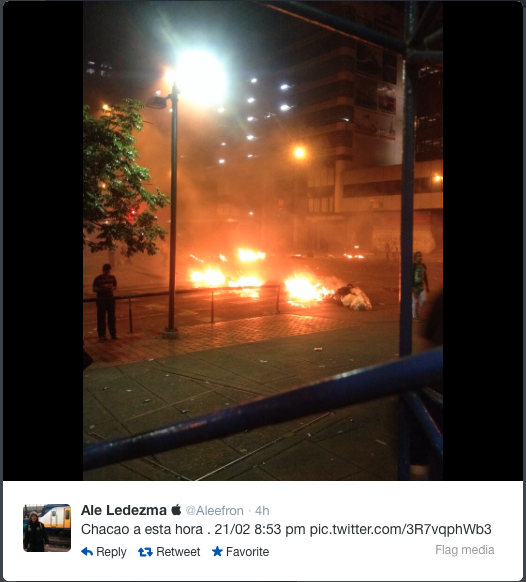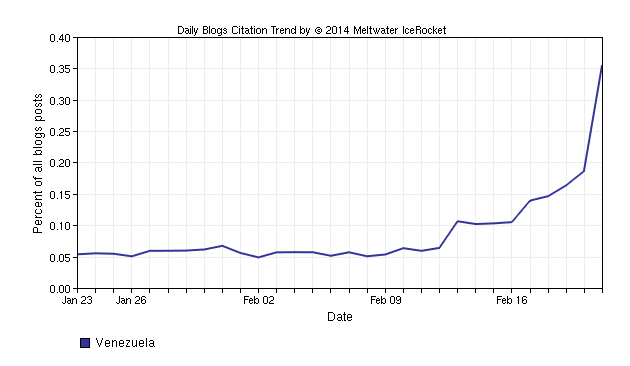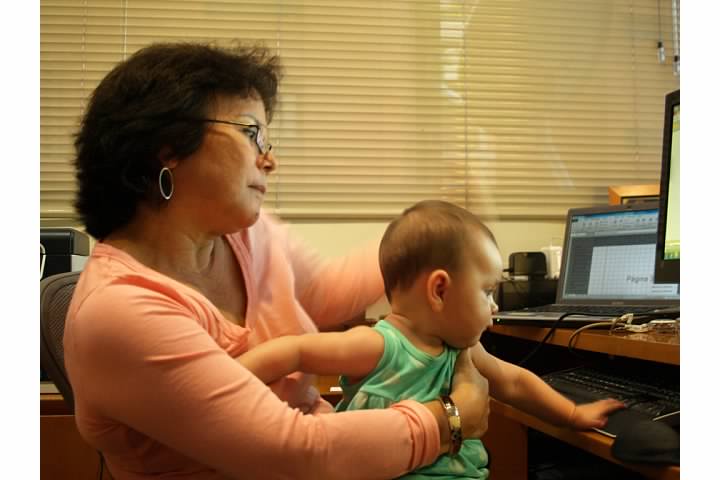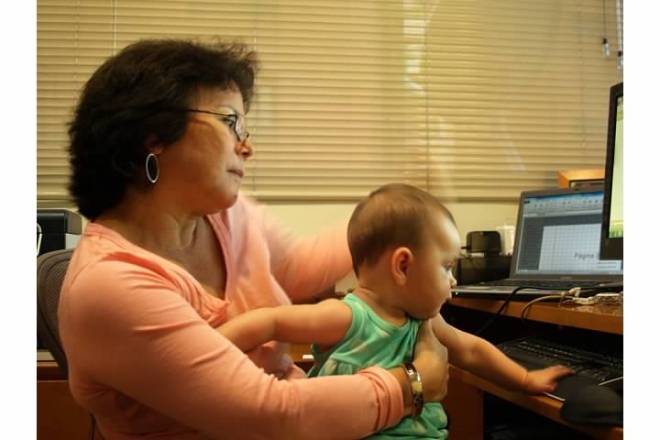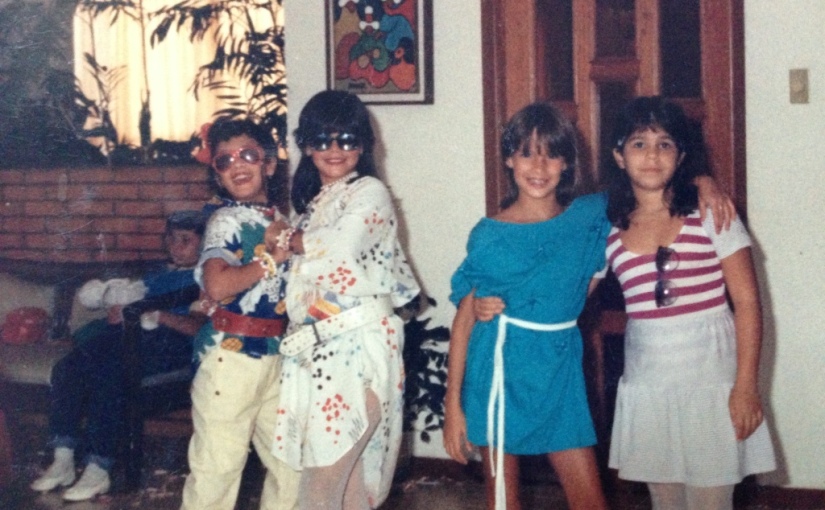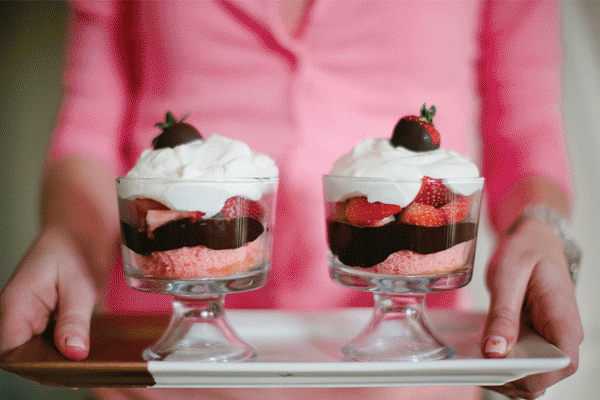This is a call to people and governments in countries where Venezuelans are emigrating en masse. A call to open your arms and help Venezuelans in these difficult times. A call to remind you the haven that Venezuela represented to so many Latin American, European and Middle Eastern people in the 60s and 70s. A call for you to open your eyes to the benefit you stand to gain by welcoming migrants to your countries.
I understand the numbers are staggering. I understand massive exodus from a country can create a global crisis and the adjacent countries are most affected. I understand that the culture, the economy can be changed when massive groups of people come in from other cultures. I understand it because I lived it growing up in Venezuela in the 70s-80s. And I can tell you that a country can absolutely benefit from an open arms policy to refugees.
My father was an Argentinean immigrant to Venezuela in the 70s, a time where so many Argentineans, Chileans, Uruguayans, and Cubans were fleeting their countries from oppressing governments. A time also where Lebanese were at war and many came to Venezuela too. The famous writer, Isabel Allende who fled Chile from the brutal dictatorship of Pinochet, has talked about what Venezuelan meant to her in those times. We saved her life and countless others.
I grew up surrounded by refugees in Venezuela. A bubble of southerners from Argentina, Chile, and Uruguay who constantly talked about how much they missed their mate and beef. Who roared for their soccer team, and made asados on Sundays. A group of people who longed for their country but felt they couldn’t go back. They were professors, engineers, parents, writers, priests and poets, entrepreneurs and cooks.
I was born in Venezuela to a Venezuelan mother but I did not feel Venezuelan. My mom embraced my father’s Argentine culture. We didn’t share the Catholic religion. We didn’t eat the same food. We didn’t even speak the same slang. But we were in Venezuela, we lived there and through my childhood into adulthood, I came to understand the immigrant experience and impact to our society. Starting from my mother and her family to all my friends and people who surrounded this immigrant bubble of mine, I experienced the generous and nurturing warmth that Venezuelans gave to all these immigrants.
Venezuela changed a lot in these years, the oil boom and economic prosperity attracted hundreds of thousands of people from all over. Everything changed. New industries were formed. The Germans charted unknown places of the Amazon. Universities got better with the influx of intellectual capital. The Portuguese brought the panaderias. American companies headquartered their Latin American operations in Venezuela. Caracas, the capital, developed into a gastronomic hub— you can go the protected archipelago of Los Roques an eat a magnificent Italian meal thanks to a handful of Italians that decided to make this paradise on earth. Tourism boomed all over, Venezuela was the “best kept secret of the Caribbean” as stated in the tourism campaign of that time. Pop culture – music, cinema and telenovelas were fueled with the talent from all these other countries. Venezuela was a cultural force throughout the 80s decade.

Venezuela changed these foreigners too. When the 90s hit and the economic downturn started, many left and went back to their countries. They were not the same, the Caribbean culture of joy, the positive – there’s always a way – attitude, the love for nature and music and the easy-going constant tease of friends… that all went with them. I’ve met many of them back in their country of origin and they all miss Venezuela now. Some, like my father, couldn’t leave what had become their true home.
By the early 2000s I was established in the U.S. well before things got really hairy in Venezuela. I started a long campaign to convince my father to leave Venezuela too. Things were getting worse and I didn’t want my parents to stay in an unsafe country with an autocratic, corrupt power hungry President that was using populist and fear-mongering rhetoric to destroy the democratic institutions (I’m still talking about Venezuela.) I feared that Venezuela would become another impoverished country driven to ruin by some greedy dictator. My fears became true.
My father said to me “I’m Venezuelan. I already left a country. No dictator is going to ever make me leave my home” He didn’t. He died Venezuelan, loving his Venezuelan wife and his two Venezuelan children. He still didn’t like Arepas much, but my father and the refugees who became my surrogate family gave everything they had — they built companies, created jobs, raised families, taught others and invested every penny they had — to and in the country that opened its arms when they were in need.
“In Colombia, human rights group Dejusticia has launched a campaign called #VenezuelaBienvenida, which combats discrimination against Venezuelan immigrants in the country. As the group puts it, the campaign is a “call for solidarity,” and one of its aims is to showcasehow many of these are descendants of Colombians who originally fled the armed conflict.”
Nov, 2017, How Latin America is Responding to Mass Venezuelan Migration.
Now countries like Panama, Dominican Republic, Mexico, Peru, Colombia and yes, the United States, have the opportunity to open up to Venezuelan immigrants. It’s an opportunity to give back to a country that was generous and open just a few decades back. An opportunity because most of us, Venezuelans, will give everything to you. Most of us come to work hard and build, to teach, to share, to invest and to raise our families well just for a chance to create a new life in a safer place.
Do not close your doors.
